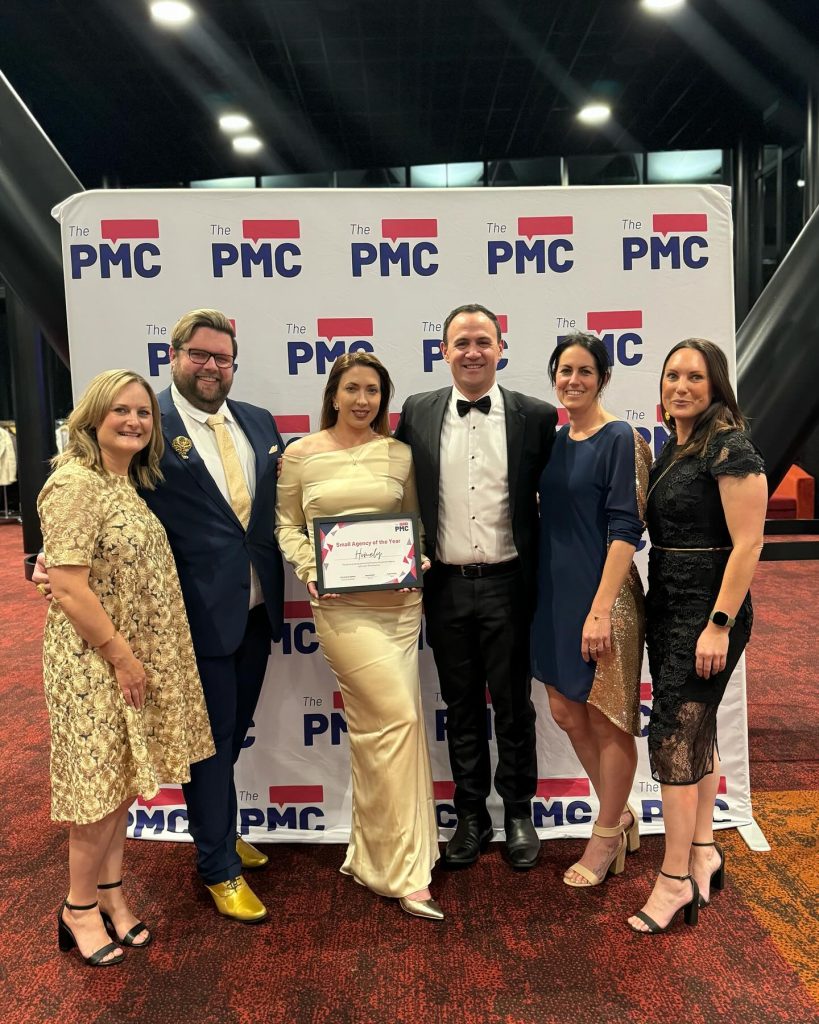It’s the announcement we’ve all be waiting for. As of the 1st December 2025, new provisions under the Residential Tenancies Amendment Act 2024 (RTA) will change how pets are managed in rental properties across New Zealand. This has been introduced so renting with pets is more transparent and balanced while still protecting landlords’ interests.
What’s Changing
Here are the key take aways coming under the new rules:
- Written consent to keep a pet
Tenants will only be allowed to keep a pet if the tenancy agreement already permits it or they obtain written consent from the landlord. - Landlords must have reasonable grounds to refuse
Landlords will no longer be able to say no to pets without justification. They must provide a valid reason for declining a pet request. For example, the property may be unsuitable (no grounds, or inadequate fencing), local council or body-corporate rules might prohibit the pet, or the pet’s behaviour or breed could raise concerns. - Pet bonds allowed
For tenancies beginning after the new rules come into effect, landlords will be able to charge a “pet bond” in addition to the standard general bond. The pet bond may be up to two weeks’ rent. - Liability for pet-related damage
Tenants will be responsible for any damage caused by their pets beyond what is considered “fair wear and tear”. This ensures that landlords have protection, while tenants with pets know their obligations. - Existing pets / existing tenancy agreements
If a tenant already has a pet that was allowed (explicitly or implicitly) under the tenancy agreement before the new rules take effect, then those pets are typically exempt from needing new consent or paying a pet bond when the changes roll in. The new scheme applies to new permissions/tenancies from the commencement date. - Assist animals (disability service/assist dogs)
The rules do not apply to disability assist dogs. Consent is not required and no pet bond may be charged for such animals.
Why the change?
Pets are part of many Kiwi households, but it’s common for many rental properties to have a blanket “no-pets” rule, which can make it difficult for pet owners to secure a home. This change aims to provide clarity and fairness.
What this means for tenants
If you want to keep a pet in a rental, you’ll need to apply in writing to the landlord once the rules take effect. If you’re unsure what to include in your application, ask your property manager whether they have a pet application form to help make your request clearer.
You’ll have better chances of having a pet now. Landlords cannot decline simply because “we don’t do pets” they must give reasonable grounds to decline.
Be prepared for potential additional upfront costs. If allowed, a pet bond of up to two weeks’ rent could apply as well as other reasonable conditions.
You’ll need to keep your pet’s behaviour under control to avoid liability for damage or nuisance to neighbours.
What this means for landlords
You’ll still retain the ability to say “no” to a pet, but you must have reasonable grounds to refuse, such as property suitability, local council or body corporate rules or concerns about the pet.
You gain extra security, the pet bond gives you cover to offset possible damage caused from pets.
Landlords should review their insurance cover for pet-related damage, just to be safe.
Homely do believe we will see some potential benefits with this change. A wider tenant pool as pet-owners now have more opportunities, potentially longer tenancies (tenants with pets may stay longer if allowed), more open communication and fewer conflicts around pet consent.
To find out more about these changes through Tenancy Services, click HERE













